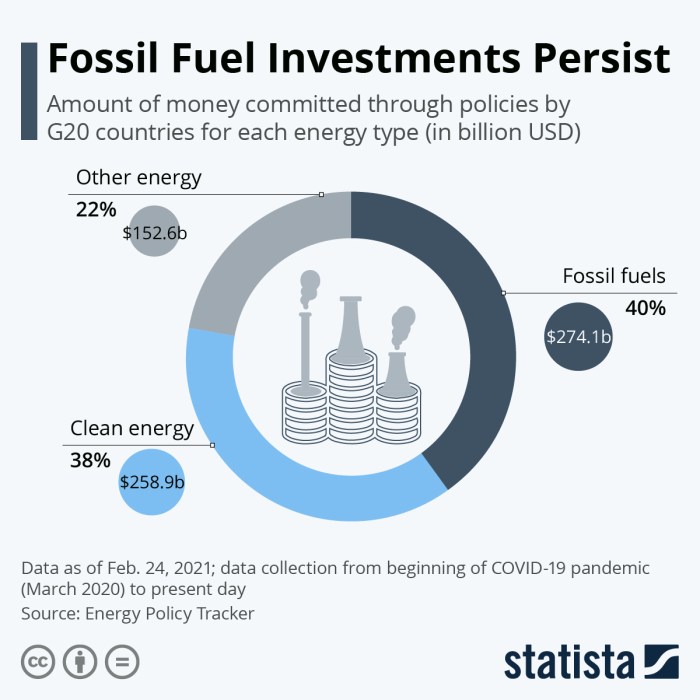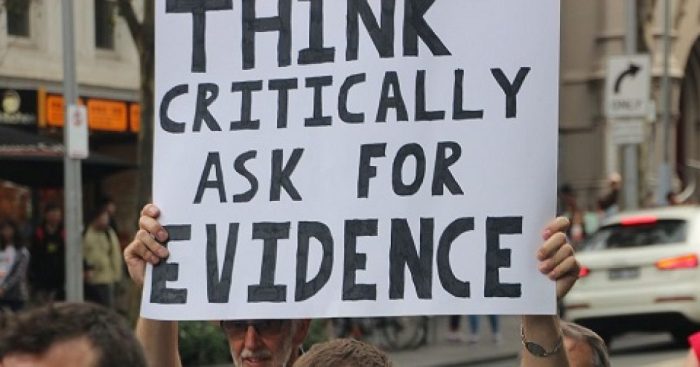El calentamiento global persistirá las empresas disminuyan la contaminación – Global Warming to Persist Unless Businesses Cut Emissions: Unveiling the compelling interplay between corporate responsibility and environmental sustainability, this article delves into the crucial role businesses must play in mitigating climate change. With scientific evidence supporting the severity of global warming, it is imperative to explore the long-term impacts and potential solutions to address this pressing issue.
Businesses contribute significantly to global warming through their emissions. However, they also possess the power to reduce their carbon footprint and promote sustainability. This article examines case studies of companies that have successfully implemented sustainability initiatives, showcasing the positive impact businesses can have on the environment.
Global Warming: Impacts and Consequences

Global warming, primarily driven by human activities, is a pressing issue with severe implications for the planet and its inhabitants. Scientific evidence overwhelmingly supports the existence and severity of global warming, including rising temperatures, melting glaciers, and increasingly frequent extreme weather events.
The long-term impacts of global warming are far-reaching and potentially catastrophic. These include rising sea levels, increased ocean acidity, biodiversity loss, and disruptions to ecosystems and human societies. Regions worldwide are already experiencing the effects of global warming, such as coastal erosion, droughts, heat waves, and changes in agricultural yields.
Corporate Responsibility and Emissions Reduction
Businesses play a significant role in contributing to global warming through their emissions of greenhouse gases, primarily carbon dioxide. However, they also have a responsibility to mitigate their impact on the environment and reduce their carbon footprint.
Companies can reduce their emissions through various measures, including energy efficiency improvements, renewable energy adoption, sustainable supply chain management, and waste reduction. By implementing these initiatives, businesses can demonstrate their commitment to sustainability and contribute to the fight against global warming.
- Case Study: Patagonia, a leading outdoor apparel company, has adopted a comprehensive sustainability strategy that includes using recycled materials, reducing its carbon footprint, and supporting environmental conservation.
- Case Study: Unilever, a multinational consumer goods company, has set ambitious targets to reduce its greenhouse gas emissions and promote sustainable practices throughout its operations.
Government Policies and Regulations
Governments have a crucial role to play in addressing global warming through policy and regulation. They can implement various measures to reduce emissions, promote sustainability, and support the transition to a low-carbon economy.
Effective policies include carbon pricing mechanisms, renewable energy incentives, energy efficiency standards, and regulations on deforestation. Successful government initiatives have helped to reduce greenhouse gas emissions and foster innovation in clean energy technologies.
- Example: The European Union’s Emissions Trading System (ETS) is a cap-and-trade program that has helped to reduce carbon emissions in the region.
- Example: The United States’ Renewable Portfolio Standard (RPS) requires utilities to generate a certain percentage of their electricity from renewable sources, promoting the adoption of clean energy.
Technological Innovations and Solutions, El calentamiento global persistirá las empresas disminuyan la contaminación
Technological innovations play a vital role in addressing global warming. Advancements in renewable energy technologies, energy storage systems, and carbon capture and storage technologies offer promising solutions for reducing emissions and transitioning to a sustainable future.
Research and development in these areas are crucial for developing innovative solutions to combat global warming. Governments and businesses should invest in and support the development and implementation of these technologies.
- Example: Solar photovoltaic (PV) technology has rapidly improved in efficiency and cost, making solar energy a viable alternative to fossil fuels.
- Example: Carbon capture and storage (CCS) technologies have the potential to capture and store large amounts of carbon dioxide from industrial processes, preventing its release into the atmosphere.
Public Awareness and Education
Public awareness and education are essential for addressing global warming. Raising awareness about the causes, consequences, and potential solutions is crucial for fostering public support and encouraging individual action.
Educational campaigns, media coverage, and community outreach programs can help to increase understanding of global warming and inspire people to adopt sustainable practices. By engaging the public, we can create a collective effort to combat this global challenge.
- Example: The “Climate Reality Project” is a global organization that trains and mobilizes individuals to become climate advocates and educate their communities about global warming.
- Example: The “Drawdown Project” provides a comprehensive roadmap of 100 solutions to reverse global warming, offering practical steps that individuals and organizations can take.
Questions Often Asked: El Calentamiento Global Persistirá Las Empresas Disminuyan La Contaminación
What are the primary causes of global warming?
Human activities, particularly the burning of fossil fuels, release greenhouse gases into the atmosphere, leading to global warming.
How can businesses contribute to reducing global warming?
Businesses can reduce their carbon footprint by adopting renewable energy sources, implementing energy-efficient practices, and investing in sustainable supply chains.
What role do government policies play in addressing global warming?
Governments can implement policies such as carbon pricing, emissions trading schemes, and regulations to encourage businesses and individuals to reduce their emissions.


